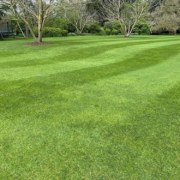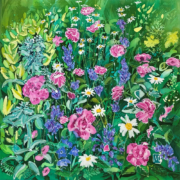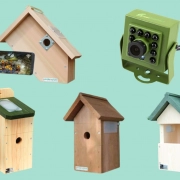Myerscough takes care of one of the rarest plants on Earth
Myerscough takes care of one of the rarest plants on Earth: Myerscough College has taken in a specimen of one of the rarest plants on Earth, as part of a restoration project with Blackburn with Darwen Council.
Last year the authority was awarded £750,000 of government ‘levelling up’ funding to repair and refurbish the currently derelict conservatory, also known as the Victorian Palm House, at Corporation Park in Blackburn.

Myerscough takes care of one of the rarest plants on Earth
Inside the conservatory building, is an example of one of the world’s rarest plants, the Cycad. Planted in 1902, at one point it was one of only two in Britain, with the specimen being used in a breeding programme to try to conserve the species.
Image: Louise Leyland (Work Experience Co-ordinator Myerscough Greenspace)
As the repair programme is commencing, Myerscough College was approached to see about taking in the rare plant, while work is carried out at the site.
Susanna Brandon, Curriculum Area Manager for Greenspace at Myerscough, said: ‘’I was approached to ask if the horticulture team at Myerscough could temporarily home one of its most valuable specimens.
‘’Cycads are described as ‘living fossils’ as they survived the ice age, dinosaurs and asteroids!
‘’Today we played our part in its historic journey, as it was rehomed in our educational glasshouse where we look forward to seeing it thrive under our care until it can be rehomed in the refurbished palm house.
‘’This is a wonderful opportunity for students and staff at the college to have access to such a specimen. We are delighted to be able to support Blackburn with Darwen Council with this and future horticultural projects once the Palm House is restored to its former glory.’’
The Cycad will remain under the care of Myerscough’s horticulture staff and students until building works are completed.
It’s understood that there are only 347 living species of Cycads in existence, and many of them are rare and endangered or completely gone in their native habitat. Cycads are unrelated to any other living group of plants. Due to their rarity in the wild, they are one of the most collectable plants on the planet.
For the latest industry news visit landscapingmatters.co.uk/news
Get all of the big headlines, pictures, opinions and videos on stories that matter to you.
Follow us on Twitter and Instagram for fun, fresh and engaging content.
You can also find us on Facebook for more of your must-see news, features, videos and pictures from Landscaping Matters












